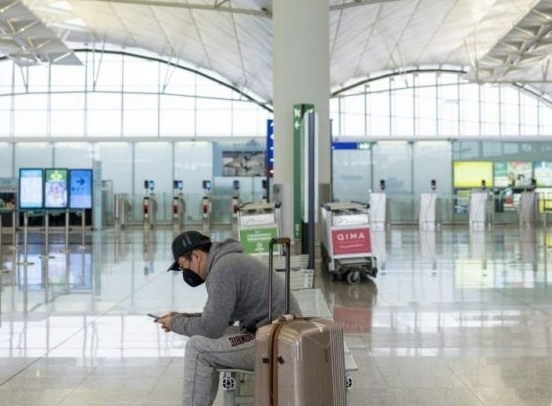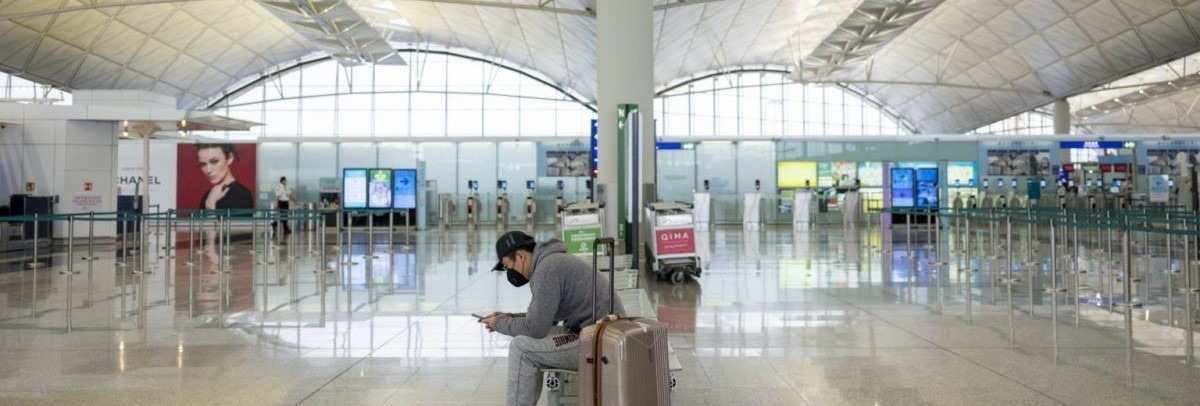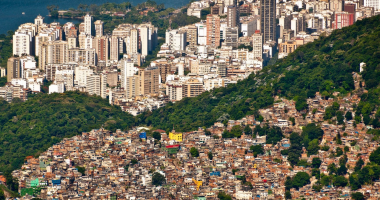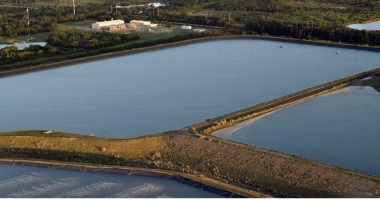Climate, Health and Equity Brief
COVID-19, Cancellations and Corporate Culture
March 13, 2020

|
Hot Topic: Pandemic. As COVID-19 grips the world and upends everything from neighborhoods and schools to governments and global industry, even the climate is not immune. Studies show that CO2 emissions have dropped by 25 percent in China, and further decreases are expected globally due to sharp reductions in air travel and daily transit around the world. Analysts say the reductions could lead to the first drop in global emissions since the 2008-09 financial crisis.
But the deadly pandemic is certainly nothing to celebrate—and the long-term impacts of the novel coronavirus on the climate fight are much more complicated. As a result of COVID-19 fears, critical Paris Agreement negotiations have been canceled, potentially delaying new national commitments. Oil prices have dropped sharply, imposing a financial strain that could cause some companies to reconsider large-scale investment in low-carbon technology. And in the face of plummeting profits, airlines are asking countries to halt the implementation of environmental taxes designed to reduce emissions.
Moving forward, one worry among experts is that countries could try to revitalize their flagging economies by subsidizing polluting industries, which could cause emissions to soar. One hope? That COVID-19 could spur a shift in corporate culture to more readily endorse remote work for those whose jobs allow it, which in turn would reduce transportation, oil demand and emissions over time.
—Matt & Traci, GMMB
Politics & Economy
A recent study found that measures to contain the global COVID-19 pandemic have curbed CO2 emissions in China by 25 percent, and global decreases are expected as a result of reductions in air travel and daily transit. (The Guardian)
COVID-19 mitigation measures have caused the cancellation of crucial climate pledge negotiations ahead of the November Glasgow Summit, raising concerns that countries may not meet Paris Agreement commitments. (Time)
Coronavirus fears have resulted in a steep drop in oil prices, yet it remains to be seen how the pandemic will impact demand for fossil fuels over the long term. (The New York Times, The Washington Post)
As the airline industry grapples with massive passenger and revenue declines due to COVID-19, the industry is pushing back against tax policies designed to curb air travel and reduce emissions. (The New York Times)
Health
Among other findings, the new UN State of the Climate report concludes that hunger is once again on the rise around the world after declining for most of the last decade, and climate change is a primary cause. (CNN)
A recent study found that stress from increasingly disruptive weather and falling commodity prices is linked to a 40 percent increase in suicide rates among American farmers. (USA Today)
Equity
A controversial Army Corps of Engineers policy requires local officials to evict residents from homes in flood-prone areas in order to qualify for federal climate funding, which disproportionately impacts poor people and people of color. (The New York Times)
Recently proposed rollbacks to the National Environmental Policy Act would limit community input on the construction of nearby toxic facilities, which disproportionately expose low-income communities to higher rates of illnesses from asthma to cancer. (Grist, Environmental Health News)
Action
NASA and the European Space Agency are collaborating with South Korea to implement technology that can track pollution from space on an hourly basis, allowing for more accurate air quality forecasts and identification of pollution sources. (The Verge)
Students in Portland, Oregon are calling for climate justice to be addressed in every classroom, urging that curriculum more clearly address how climate change disproportionately affects low-income communities and communities of color. (The Washington Post)
Oregon governor Kate Brown (D) issued an executive order to establish aggressive statewide carbon emission reduction goals after Republican lawmakers walked out of the Senate to prevent a vote on a comprehensive climate change bill. (The Oregonian)
Kicker
Need some inspiration? Check out these 50 Grist Fixers tackling climate change with innovative approaches to environmental policy, the food system, the clean-energy sector, art, commerce, and more.
“We’ve seen that governments can act, and people can change their behavior in a very short amount of time. That’s exactly what the climate movement has been asking governments and people to do for years in the face of a different kind of threat – the climate crisis – and we don’t see commensurate action.”
– May Boeve, Executive Director of 350.org

)





